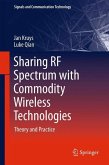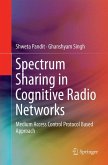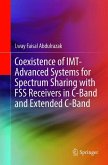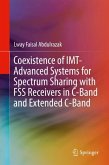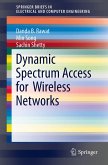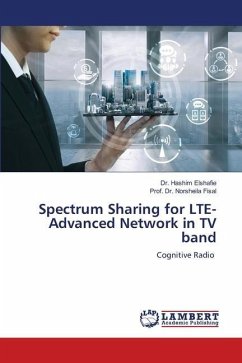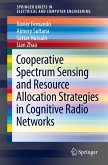This SpringerBrief presents intelligent spectrum sharing technologies for future wireless communication systems. It explains the widely used opportunistic spectrum access and TV white space sharing, which has been approved by the FCC. Four new technologies to significantly increase the efficiency of spectrum sharing are also introduced. The four technologies presented are Dynamic Spectrum Co-Access, Incentivized Cooperative Spectrum Sharing, On-Demand Spectrum Sharing and Licensed Shared Spectrum Access. These technologies shed light on future wireless communication systems and pave the way for innovative spectrum sharing with increased spectrum utilization. Increased utilization will allow networks to meet the demand for radio spectrum and promote the growth of wireless industry and national economy. Spectrum Sharing is a valuable resource for researchers and professionals working in wireless communications. Advanced-level students in electrical engineering and computer science will also find this content helpful as a study guide.
"This short volume, a well-structured eye-opener, describes several schemes for enabling spectrum sharing. ... this is an important volume with technical, regulatory, and financial implications, and thus is a must-read for a wide and diverse audience of specialists, graduate students, engineers, and economists." (L.-F. Pau, Computing Reviews, November, 2015)


